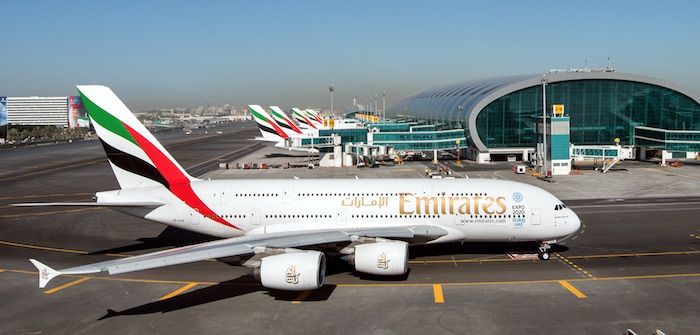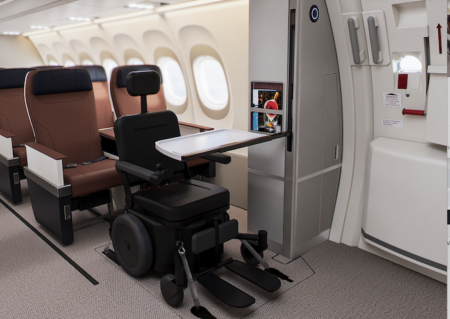“We urge the Middle East states to swiftly implement the guidelines so we can ensure truly harmonised and effective measures across the region and passengers can return to air travel with confidence. As rightly stated in the ICAO guidance, states should continuously readjust the measures depending on their effectiveness to reduce the risk of transmission and scalability, especially as soon as traffic ramps up again to certain volumes of traffic. Airports need health authorities to work cooperatively with them to adapt physical distancing to specific layout and operations,” added Stefano Baronci, Director General, ACI Asia-Pacific.
Airports Council International (ACI) Asia-Pacific and the International Air Transport Association (IATA) are joining the International Civil Aviation Organization Middle East (ICAOMID) in urging governments in the Middle East region to rapidly implement ICAO’s global guidelines for restoring air connectivity in order to help ensure the safe and harmonised restart of aviation in the region. These guidelines are contained in Takeoff: Guidance for Air Travel through the COVID-19 Public Health Crisis, which was approved by the ICAO Council on 1 June 2020.
“Air connectivity is critical to economic and sustainable development in the Middle East, and effective recovery of air transport in the region is essential to support the economy post-Covid-19. The key principles, recommendations and guidelines of CART Report and Take-off Document, provide governments with a framework for restarting aviation while protecting public health, and are intended to inform and align the Covid-19 recovery roadmaps established by States or industry,” said ICAO’s acting regional director for the Middle East, Mohamed Smaoui
“This is a ‘living guidance’ which will be continuously updated based on the latest medical and operational advice and risk assessments as the world starts to reconnect,” he added. “Governments and industry stakeholders can have certainty as they take action to get the world flying again”.
Muhammad Albakri, IATA’s regional vice president for Africa and the Middle East added, “We are counting on governments in the Middle East to implement the ICAO Take-off Guidance quickly and in a harmonised and mutually recognised way, because the world wants to travel again and needs airlines to play a key role in the economic recovery. The guidance recognises that social distancing is not possible on an aircraft, therefore supports face coverings as part of a layered risk mitigation approach. And recommends contact tracing, which should give governments the confidence to open borders without quarantine measures. Local deviations and exceptions will damage public confidence and make it harder to operate, effectively slowing down the industry restart. This would be harmful to public health and the economic recovery”.





